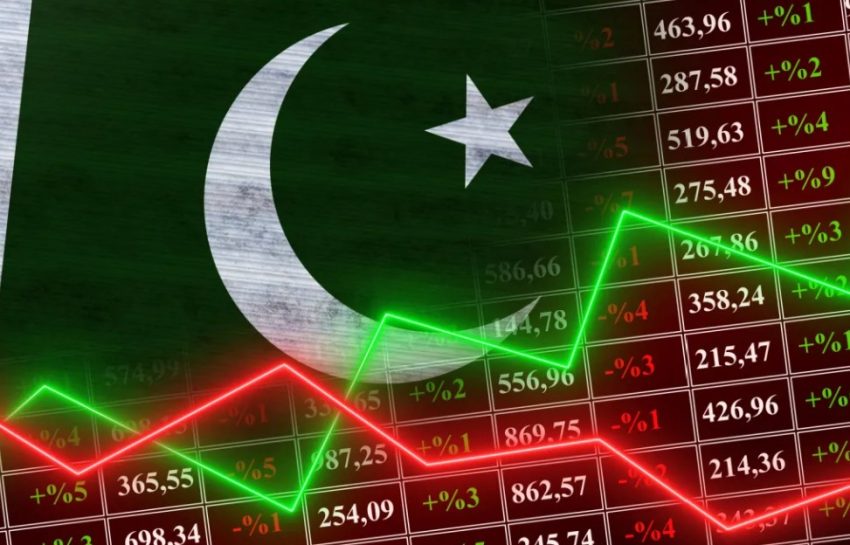ISLAMABAD – World Bank has revised growth projection for Pakistan’s economy, cutting forecast for current fiscal year to 2.7pc. The downgrade reflects ongoing economic stabilization efforts but highlights the challenges posed by tight fiscal and monetary policies.
In a statement, World Bank cited several factors impacting growth, including subdued inflation, lower interest rates, and improving business confidence. Bank acknowledged that Pakistan’s growth remains fragile, affected by weak agricultural performance, declining industrial activity, and reduced government spending.
World Bank also stressed that while economy is stabilizing, the first half of the fiscal year saw limited progress in key sectors. Agriculture faced setbacks due to adverse weather and pest infestations, while industrial output was constrained by high input costs and taxes. Additionally, growth in the services sector was muted due to sluggishness in agriculture and industry.
Despite the challenges, World Bank is optimistic about a gradual recovery, forecasting a growth rate of 3.1% for the next fiscal year (FY26) and 3.4% for FY27. However, the report warns that high population growth and the need for significant reforms will make job creation and poverty reduction difficult.
Najy Benhassine, the World Bank’s Country Director for Pakistan, stressed that structural reforms are crucial for Pakistan’s long-term growth. These include improvements in the tax system, exchange rate management, exports, business environment, and public sector efficiency. He noted that such reforms would boost investor confidence and attract much-needed foreign investment.
The World Bank also highlighted the need for Pakistan to leverage its Digital Public Infrastructure (DPI) to support the growth of the digital economy. Despite progress, challenges remain in providing affordable and accessible broadband, particularly in rural areas.
It said strengthening regulatory frameworks and enhancing coordination across various levels of government will be key to unlocking the full potential of Pakistan’s digital sector.
The financial institution also cautioned that risks such as high debt levels, global trade uncertainties, and climate-related shocks could continue to pose significant challenges to the country’s economic recovery.
IMF forecasts slower growth for Pakistan at 2.6pc amid US Tariff impact













